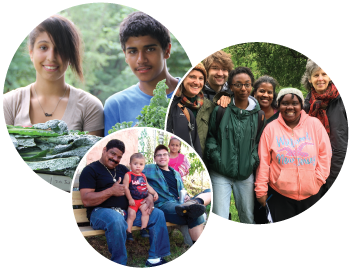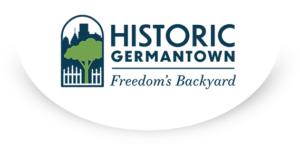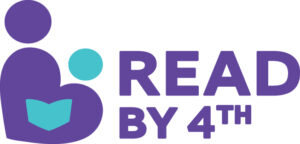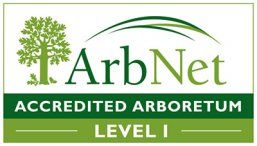Our Mission
The mission of Historic Fair Hill, Inc. is to:
1) preserve our historic Quaker burial ground, and assure that its history and the ideals of the people interred there continue to speak to the world, and
2) act as a collaborative partner in the revitalization of the Fairhill community through school partnerships for literacy, greening, and community engagement events.
History
Fair Hill Burial Ground is located on Germantown Avenue, a street that was once a Lenni Lenape trade route. When Europeans colonized the area, it became a major thoroughfare between Philadelphia and the outlying rural areas.
In the 17th century, the English king laid claim to the land and gave it to William Penn. It was then granted to George Fox, the founder of Quakerism. Fox left the land to Quaker Friends in 1691 as a Meetinghouse, a burying ground, and a place for children of the town to play and grow a garden.
At that time, the area consisted of farmland and wooded area outside of the Philadelphia city limits. In 1703, the original Meeting House was built. In the years from then until the present, the land saw great change as the city grew around it.
The Quaker burial ground was used from 1703 until the 1960s. It was one of the first racially integrated cemeteries in Philadelphia. Amongst those buried are many prominent women’s rights activists and abolitionists from the 18th and 19th centuries.
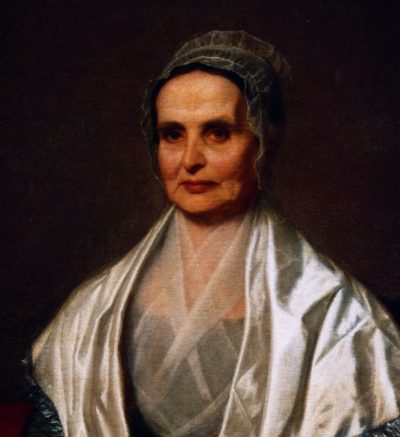
Lucretia Mott, Founder of the Philadelphia
Female Anti-Slavery Society. Lucretia is buried in the Historic Fair Hill burial grounds.
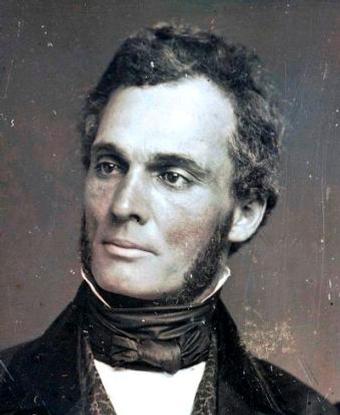
“President of the Underground Railroad”. Robert
is buried in the Historic Fair Hill burial grounds.
Community
On summer nights and weekends, neighbors are outside in lawn chairs with music playing and children running through the sprinklers enjoying our Family Fun Days. In all seasons, neighbors keep an eye on the historic park and when the gates are open, send their children across the street. When the gates are open and gardeners are working, neighbors stop by to take some tomatoes or cilantro and visit.
Neighbor kids who were part of the summer youth group grow big and stop by to say hello or bring their own children to the Summer Fest. Teenagers remember visiting in elementary school and watching the red tailed hawks.
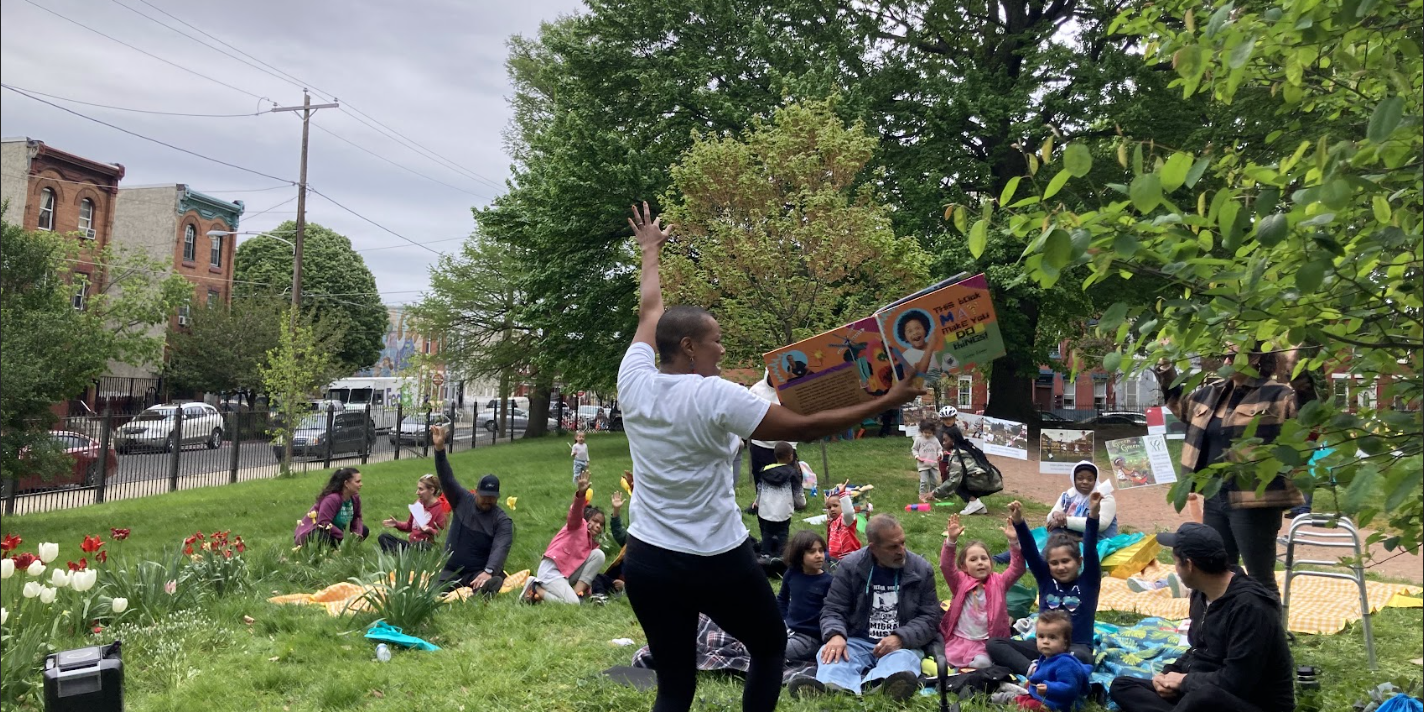
Early literacy
HFH partners with Fairhill public elementary schools for early literacy.
HFH re-opens and staffs school libraries, donates books for at home libraries, sends volunteer reading tutors to K-2 classrooms, hires bilingual parents as classroom literacy assistants, supports summer literacy programs, and supports parent engagement in school. Close partnership with school staff and other community resources is showing positive outcomes in reading.
Our commitment to literacy as a way of serving our community is one of the ways in which we honor our abolitionist roots. For us, literacy is more than the ability to read and write, but the ability to open doors, to dream, to hope, to fight back against systemic oppression, and to find freedom.
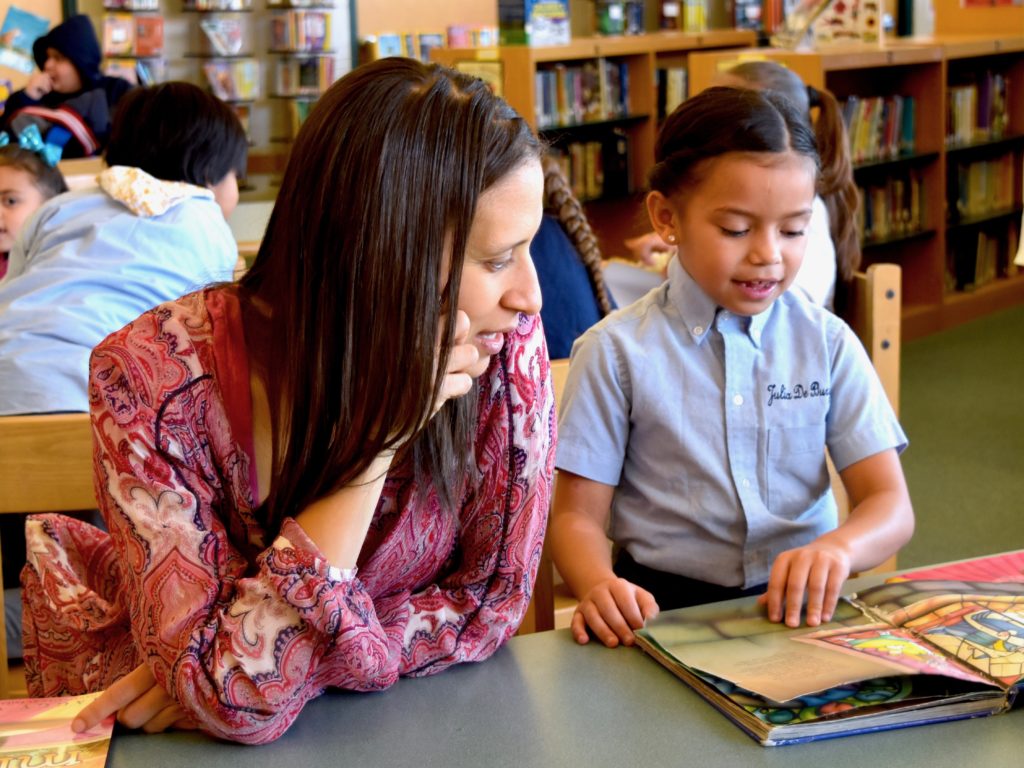
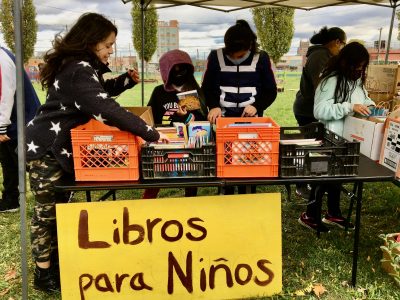
Greening
Historic Fair Hill cares for seven gardens in the Fairhill neighborhood with community partners.
The abundant gardens, full of flowers and vegetables, offer beauty, peace, fresh healthy food, and opportunity for young people to learn job related skills. The teenage garden interns learn to plant, water, weed, harvest and prepare the food for the summer farm stand. Three school gardens welcome classes to see how food grows , what plant parts are edible. Children quickly learn to eat fresh carrots, spinach, and broccoli.
We are also an accredited arboretum, caring for over 150 trees on our grounds and helping to plant and tend to hundreds of street trees in the neighborhood.


